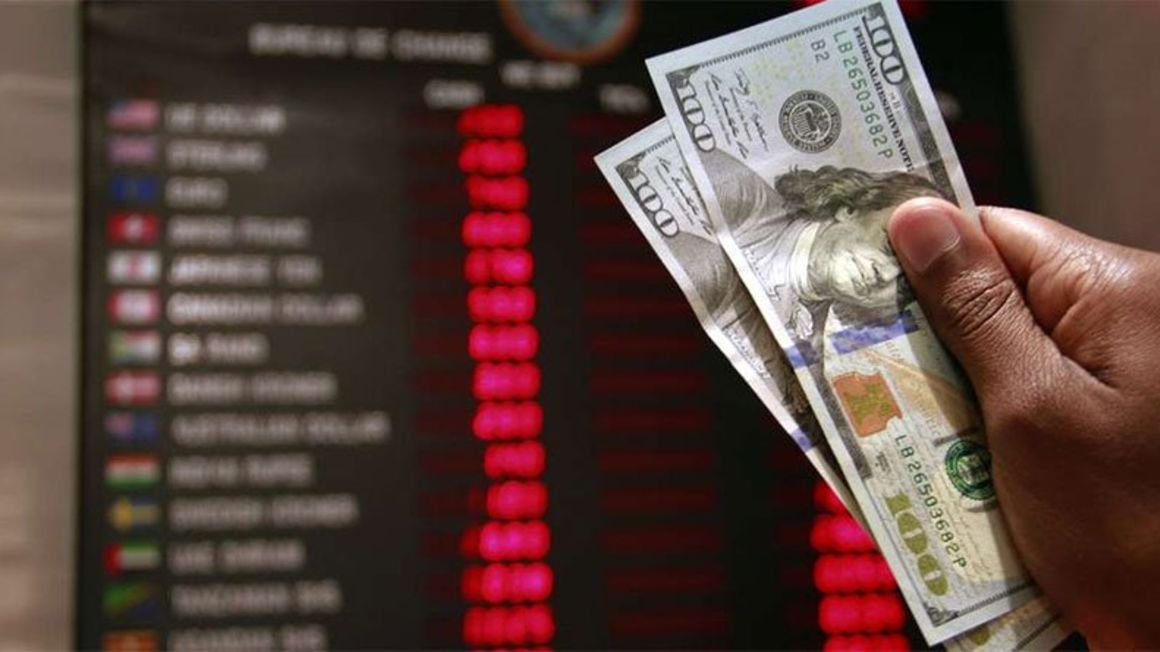
The news about China dumping the dollar in favour of its own Renminbi (RMB) cryptocurrency is creating a lot of debates among stakeholders. And the question that lingers in the minds of many people is: What impact will China’s de-dollarisation mean to the emerging economies?
Summary
- We might perhaps say that nothing will happen to sub-Saharan Africa (SSA) since inflation has been on a downward trajectory.
- However, dollarisation is often associated with countries with macro-economic instability.
- Countries such as Somalia and Zimbabwe stand out in the SSA as those that may not switch immediately to unfamiliar currencies like the yuan because of the high inflation.
We might perhaps say that nothing will happen to sub-Saharan Africa (SSA) since inflation has been on a downward trajectory. However, dollarisation is often associated with countries with macro-economic instability. Countries such as Somalia and Zimbabwe stand out in the SSA as those that may not switch immediately to unfamiliar currencies like the yuan because of the high inflation.
But depending on what moves China might make in the short run, the impact on SSA could be complicated. Given the fact that their Digital Currency Electronic Payment (DCEP) is backed by gold, they could issue dim sum bonds (bonds issued in foreign countries but denominated by yuan currency amounts). In the past, this have been taken out by American multinational with heightened perception that they are “riskless assets.”
But China may want to pursue a policy of internationalization of its RMB which they started in 2000. And China’s new central bank-backed cryptocurrency (stable coin) DCEP that was created to compete with the dollar. This has seen an increasing selling of the US Treasury bills and investing the same in cryptocurrencies like the Bitcoin.
Since the beginning of 2017 when the US/China relationship began to thaw, China started to cut its holdings of US government debt to $1.07 trillion down from $1.8 trillion or 58 percent country’s total reserves of around $3.14 trillion in form of US dollar assets.
Trump’s sanctions policy perhaps provoked this and made them to try their luck elsewhere. And the quickest one was “de-dollarization” policy to limit their exposure to U.S. economic pressure. The fear of sanctions from the Trump administration also accelerated the de-dollarization strategy by shifting its investment into cryptocurrency as a safe bet.
Given the fact that the Bitcoin price is approaching $40,000 due to high demand from investors, DCEP that is backed by gold may become another cryptocurrency with high demand.
The Chinese are not the only ones who took flight from the dollar denominated currency. In 2019 the European Union (EU) was on the receiving end from the US after imposing sanctions on Iran. The EU created a new Instrument in Support of Trade Exchanges (INSTEX). This special-purpose vehicle (SPV) was to facilitate non-dollar and non- Society for Worldwide Interbank Financial Telecommunication (SWIFT) trade between the Union and Iran to avoid the U.S. sanctions. Russia too expressed interest in joining the non-USD arrangements.
Although the U.S dollar has been used throughout the world as a foreign currency reserve (forex) and as a medium for international trade, several countries have started to find other means for keeping forex and trading with their currencies.
For example, Brazil and China had an agreement to trade with their real and yuan respectively since 2013. Australia and China have similar arrangements. Indeed, de-dollarization has been going on to the extent that the World Bank says that it “can no longer be stopped.”
As the dollar decelerates from the coveted space as a medium for international trade, cryptocurrencies are filling the gap with greater convenience. Investors have seen the opportunity as the pandemic ravages through nations forcing them to print currency without real value. This is perhaps what Danny Vincent of BBC News- Hong Kong meant when he said “One day everyone will use China's digital currency.”
China could also issue their crypto into the market. The danger with this is that many in emerging economies might invest in such an asset and cause financial distortions at home. Already in Kenya, many investors buoyed by the demand in the space have put their resources into crypto assets. A weak dollar on the other hand could be a blessing to the emerging markets that have borrowed in dollars.
The “America First” policy and the debt crisis may have given rise to a perception that US Treasury Bonds are no longer “riskless assets,” thus forcing large investors to seek alternative investments. As a result, the dollar is losing its position as the global reserve currency.
Several countries have reacted to the threats of sanctions by creating new measures of sustaining international trade and as a result this may weaken the dollar in the long run even as the new administration tries to reverse Trumpism.





No comments :
Post a Comment